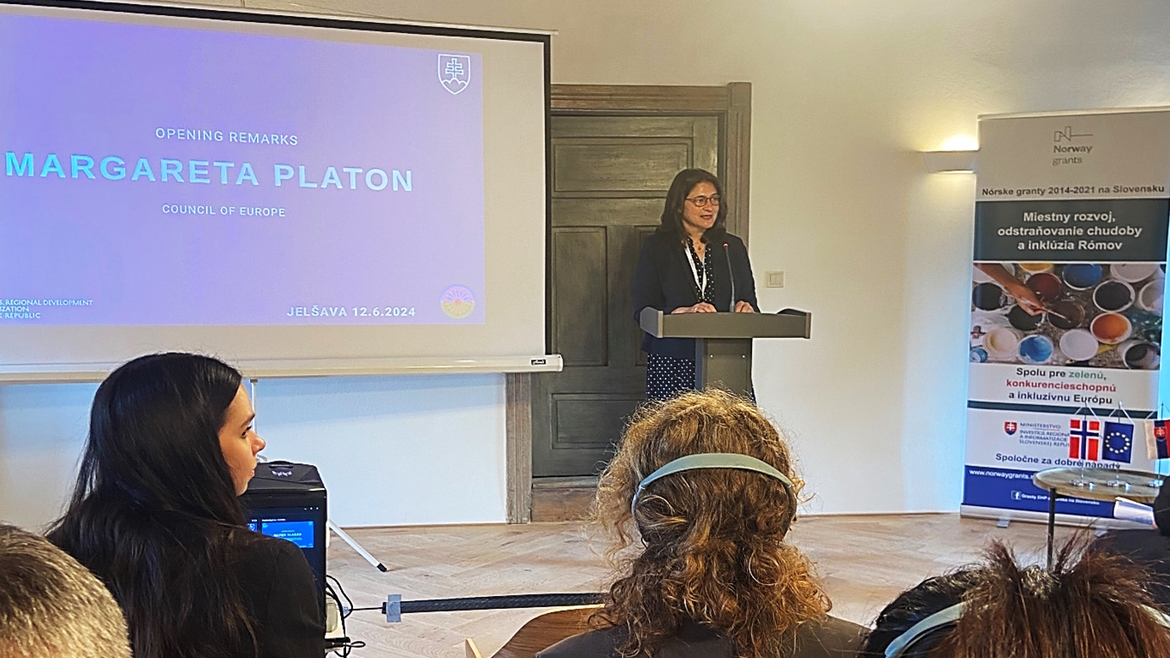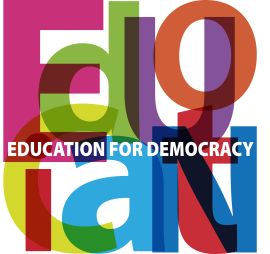Since 2017, the Education Department of the Council of Europe has hosted the role of International Partner Organisation in three programmes funded by the EEA/Norway Grants in Bulgaria, Romania and Slovakia aimed at the social inclusion of vulnerable groups. In this capacity, the Education Department has provided thematic expertise and support to the three programmes in such key thematic areas as inclusion in education, inclusion of children and youth at risk, youth work for social inclusion and inclusion and empowerment of vulnerable groups, such as Roma.
2024 marks the end of the current programme cycle of the EEA/Norway Grants. In June, two of the programmes supported by the Education Department, the one in Bulgaria and the one in Slovakia, organized final programme conferences to take stock of the programmes’ achievements and lessons learned. The Council of Europe attended both events and took the opportunity to emphasise the human rights-based approach to the support provided to the programmes, starting from the premise that human rights are essential for building inclusive and socially cohesive societies.
The programmes implemented by the Ministry of Education and Science in Bulgaria and the Ministry of Investments, Regional Development and Informatisation in Slovakia have both achieved and overachieved their objectives and have fully demonstrated the relevance and importance of the support provided in the two countries. The projects implemented by municipalities and civil society organisations supported both infrastructure measures and initiatives intended to enhance the access to and quality of services for vulnerable groups, as well as empower them.
Education has been one of the main sectors supported by the two programmes. A large number of projects implemented innovative initiatives to increase the quality and inclusiveness of education for the most vulnerable, build the capacity of educators and support a democratic and inclusive school culture, often with a focus on the most disadvantaged, such as learners from poorer families living in rural or remote communities and girls.
An excellent example has been the project “Together with Roma we will achieve more” implemented by the National Institute of Education and Youth of Slovakia. The project took a comprehensive approach to inclusion in education and has included activities to strengthen the teaching and learning of the Romani language, the development of curricular and teaching materials, the development of the inter-cultural competences of teachers, while at the same time promoting a culture of democracy and human rights in schools.
This and many other education projects supported by the EEA/Norway Grants have based their activities of key Council of Europe documents in education, such as the Reference Framework of Competences for Democratic Culture and the Charter on Education for Democratic Citizenship and Human Rights Education, thus contributing to the implementation of the Council of Europe standards in the beneficiary countries and putting into practice our human rights-based approach to quality education.




